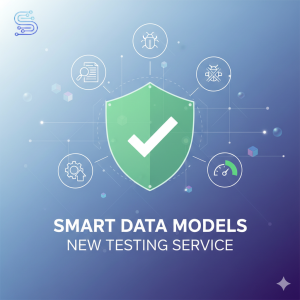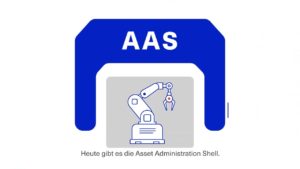Calling all SDM contributors!
To ensure a smooth integration process, we want to remind everyone that all contributions undergo automated testing prior to submission. To help you streamline your workflow and catch potential issues early, we’ve made our testing suite available for local use.
🛠️ Test Locally, Submit with Confidence
You can access the full source code for our testing framework under an open-source license. Running these tests on your own machine not only boosts the quality of your code but also saves valuable time for both you and the maintainers.
Getting Started
-
Download the Source: Head over to our repository to grab the testing suite.
-
Configure: Follow the simple instructions in the README. (Quick tip: You only need to update
config.jsonwith your specific local directories). -
Run Anywhere: The suite is flexible—it supports testing against both remote repositories and local file systems.
By validating your work locally before you push, you’re helping us maintain a high standard for the SDM project.
Happy coding!

List of tests
test_array_object_structure.py
- test_duplicated_attributes.py
- test_file_exists.py
- test_name_attributes.py
- test_schema_descriptions.py
- test_schema_metadata.py
- test_string_incorrect.py
- test_valid_json.py
- test_valid_keyvalues_examples.py
- test_valid_ngsild.py
- test_valid_ngsiv2.py
- test_yaml_files.py







